
The smart toilet industry is entering a reshuffle period. Who can seize the 'first discourse power'?

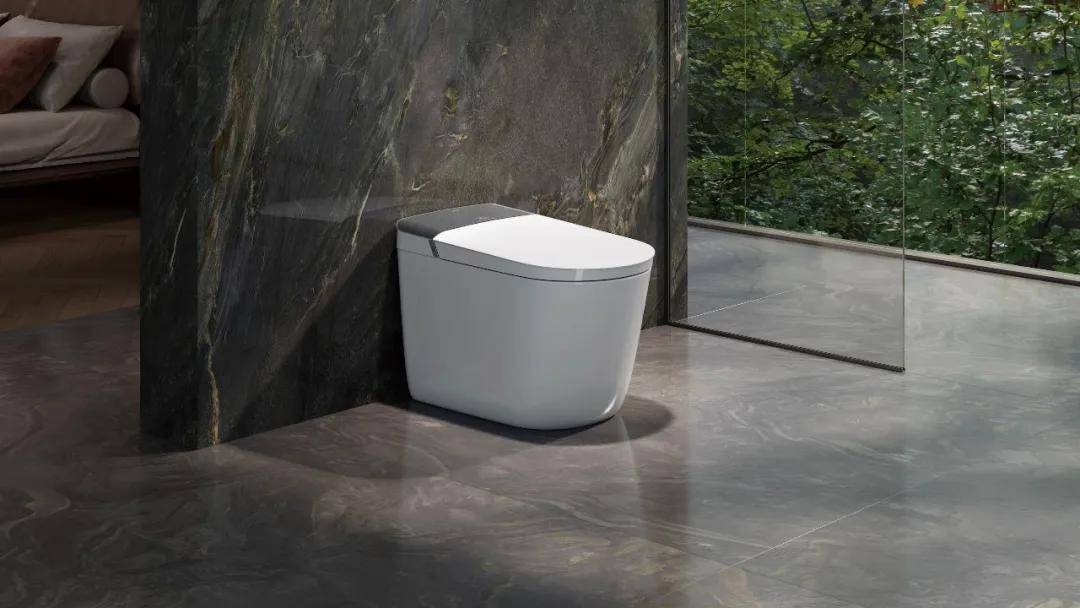
The global smart toilet market is accelerating its "de-fragmentation" process! This once highly fragmented market is gradually showing a trend of concentration towards leading brands.
The formation of a super industry often starts with a "super sales champion," which means an absolute leader in market share. This indicates that the trillion-yuan market potential of China's smart bathroom industry is accelerating its release, and it is expected to build a mature and competitive industrial advantage with Chinese characteristics, similar to the home appliance, footwear, and new energy industries.
On August 20, authoritative certification from Frost & Sullivan, a globally leading consulting firm, showed that Jomoo, a global leader in the bathroom industry from China, has successfully secured the market position certification of "No. 1 in Smart Toilet Sales in China." Additionally, the recently released 2025 first-half online smart toilet sales ranking by AVC shows that Jomoo ranks first globally with a 24.19% market share, even surpassing the combined total of the second, third, and fourth places.
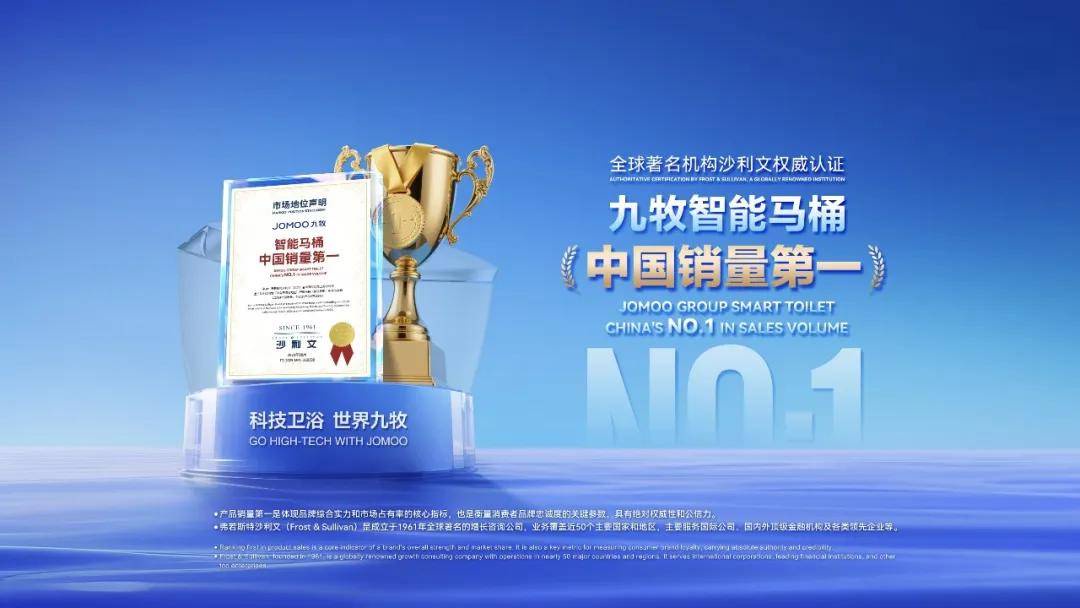
Image: Frost & Sullivan awards Jomoo the market position certification of "No. 1 in Smart Toilet Sales in China"
In online sales channels such as JD.com, Tmall, and Douyin, Jomoo has consistently ranked first in sales in the bathroom/building materials category for many years during the 618 shopping festival. It also topped the list of "Top 10 Global Influential Smart Toilet Brands" by China Kitchen & Bathroom Ranking.
The "super sales champion" of China's bathroom industry is emerging. When a company's market sales and revenue far outpace others, it means Jomoo will largely rewrite the industry's rules.
01 The "Head Effect" in the Bathroom Industry Intensifies
Once an industry enters the scaling stage, the market exhibits a "barbell effect," also known as the "head effect"—a few companies firmly control the high-value market, while smaller players retreat to regional or niche segments.
Over the past two decades, industries like home appliances, smartphones, footwear, and new energy vehicles have all undergone this process: initial chaotic growth with numerous small brands, followed by market consolidation as smaller brands exit, leaving leading brands to dominate the mainstream market, with some niche brands focusing on specialized segments, leading to healthy industry development.
Simply put, any essential industry will inevitably experience rapid concentration after gaining market recognition.
Today, the smart toilet industry is at a turning point between old and new cycles.
Goldman Sachs predicts that as younger consumers increasingly adopt smart toilets, China's household penetration rate will rise to 11% by 2026, creating a new blue ocean with annual sales exceeding 150 billion yuan.
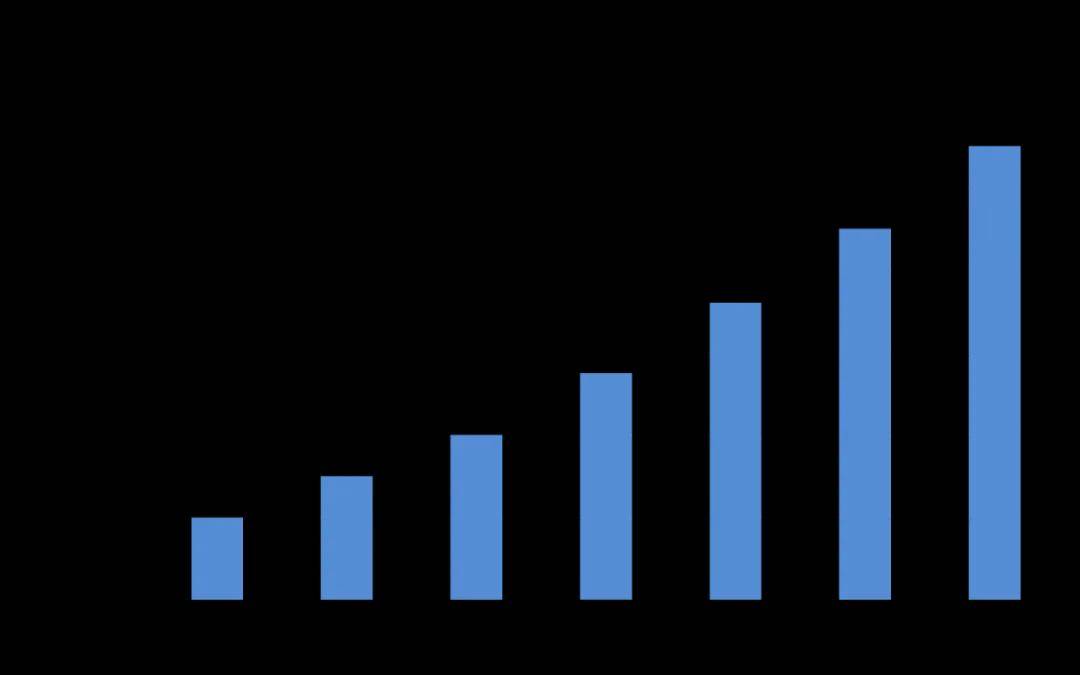
Data source: Comprehensive reports from AVC and Goldman Sachs
Policy measures are also driving industry consolidation.
The mandatory implementation of 3C certification has accelerated the standardization of smart toilets, making it difficult for low-quality, cheap products to survive. Meanwhile, State Subsidies for smart homes have further lowered the entry barrier, transforming smart toilets from "novelty items" to "household essentials."
This explains the logic behind Jomoo's expanding market share and widening gap with competitors—standardization and policy benefits are "purifying" the industry, leaving only companies with strong R&D, quality, and service capabilities.
Records show that since releasing the industry's first "Innovation Basic Law" in 2012, Jomoo has invested 10% of its annual revenue in R&D and talent development, building an innovation system with "three-year applications, five-year foundations, and ten-year theories." It has accumulated over 20,000 patents and led more than 20 international standards and 200 national standards.
Under its "Technology Bathroom" strategy, Jomoo's technological advantages have translated into product, sales, brand, and service advantages.
02 "No. 1 in Sales" Is the Core of Corporate Competitiveness
To survive the elimination race, companies must join the leaders—standing at the top of the "barbell."
However, during market reshuffles and intense competition, some brands mislead consumers by claiming to be "No. 1" through ambiguous wording.
For example, a bathroom brand from Foshan once cited an institution's certification as "China's No. 1 Smart Toilet Brand" to influence consumer perception. However, due to the subjective nature of such titles and the lack of transparent evaluation criteria or sales data, such claims are often seen as "wordplay."
Similar practices are common in other industries, but can a "No. 1" title without sales support translate into real market competitiveness through marketing?
Haier provided the answer 30 years ago.
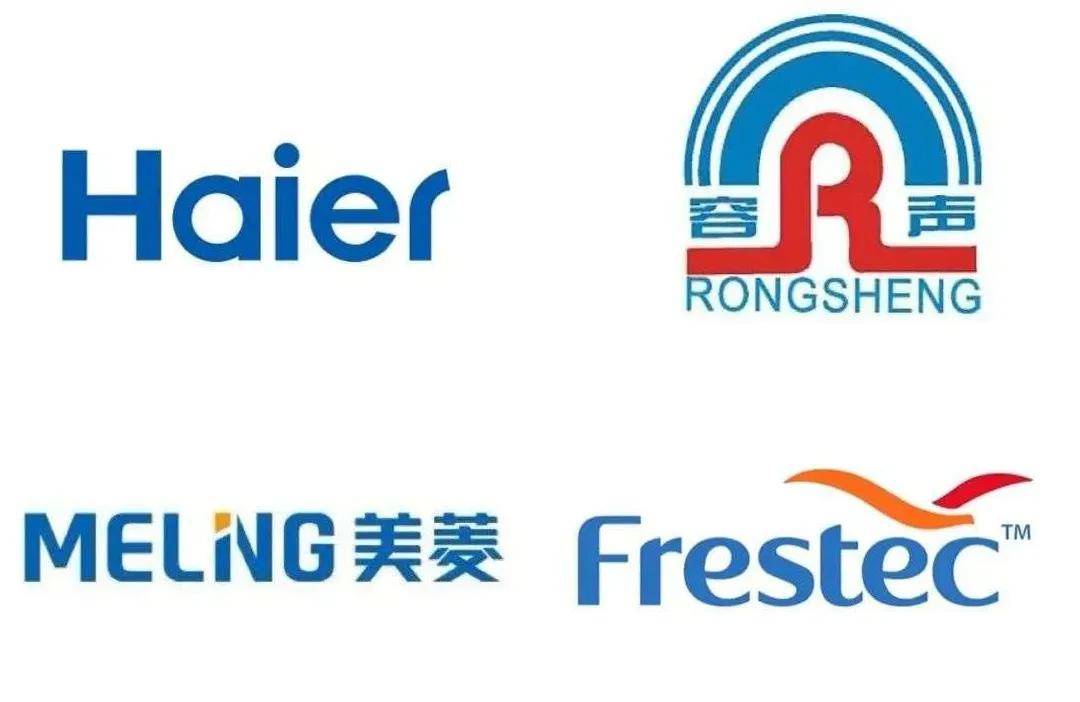
Image: The "Four Golden Flowers" of the refrigerator industry in the past
In the 1990s, there were many refrigerator brands, including Snowflake, Peony, and Meiling, all with some recognition. But Haier, with its solid sales foundation, quickly expanded into washing machines, air conditioners, TVs, and other categories, becoming a domestic home appliance giant in a short time. Brands relying on marketing without real achievements were gradually forgotten by the market.
The market doesn't lie. Only a "No. 1" title that withstands multiple verifications carries real weight.
For example, Frost & Sullivan's certification involved on-site research, phone interviews, financial analysis, and industry consultations, cross-verifying data from its own database, industry associations, and news reports before confirming Jomoo's position as "No. 1 in Smart Toilet Sales in China."
Additionally, Jomoo has been certified by multiple authoritative institutions as "No. 1 in Global Smart Toilet Sales," "No. 1 in China's Sanitary Ceramics Sales," "No. 1 in China's Bathroom Hardware Sales," and "No. 1 in China's Bathroom Cabinet Sales," making it the true No. 1 in China.
Behind "No. 1 in Sales" lies the reflection of market demand, representing consumers' real choices.
Take Jomoo's blockbuster product, the Jomoo X70 Smart Toilet, as an example. It features the world's first flip-flush technology and a multi-directional cleaning robotic arm, reducing flushing noise to 38 decibels and achieving 99% sterilization and anti-splash/anti-clog effects. It perfectly meets the market's demand for "quiet" and "clean," earning widespread consumer recognition.

Image: Jomoo's pioneering flip-flush technology for smart toilets
The strong support from leading sales further enhances Jomoo's brand competitiveness in smart toilets.
The Chnbrand 2024 China Brand Power (C-BPI) Toilet Brand Ranking shows Jomoo ranked first with 447.4 points. At the 6th China Bathroom T8 Summit, Jomoo was the only brand awarded the "Most Technological Bathroom Brand." In June this year, World Brand Lab valued Jomoo Group's brand at 181.225 billion yuan, ranking first in the industry for 15 consecutive years.
03 Building the Future Bathroom Industry Scenario Ecosystem
Leading in sales is a victory for the present, securing a ticket to the next phase; leading in scenario experience is the capital to transcend cycles.
As Wu Sheng, founder of Scenario Lab, put it: "Scenarios are the new entry point for human-commercial connections. Time is defined by scenarios, products serve scenarios, and experiences merge through scenarios." In other words, products are being replaced by scenarios, and industries are being covered by ecosystems.
To put it simply: Our daily lives are a combination of scenarios. Waking up and brushing teeth is one scenario; coming home and taking a relaxing bath is another. When products are interconnected within scenarios, the user experience becomes smoother—for example, lights automatically adjusting the ambiance, water temperature being just right, and mirrors preventing fogging during showers.
Jomoo is orchestrating a grand strategy.
In May this year, Jomoo disrupted the industry by globally launching the AI BATH scenario brand, creating four new scenarios: new toilet, new shower, new wash, and new safety. Through innovations in home appliance integration, health, and scenario-based design, the bathroom is no longer just a "functional container" but a "emotional space" with warmth, intelligence, and new scenarios. It can also seamlessly connect with kitchens, balconies, and other spaces under a unified and coherent experience.
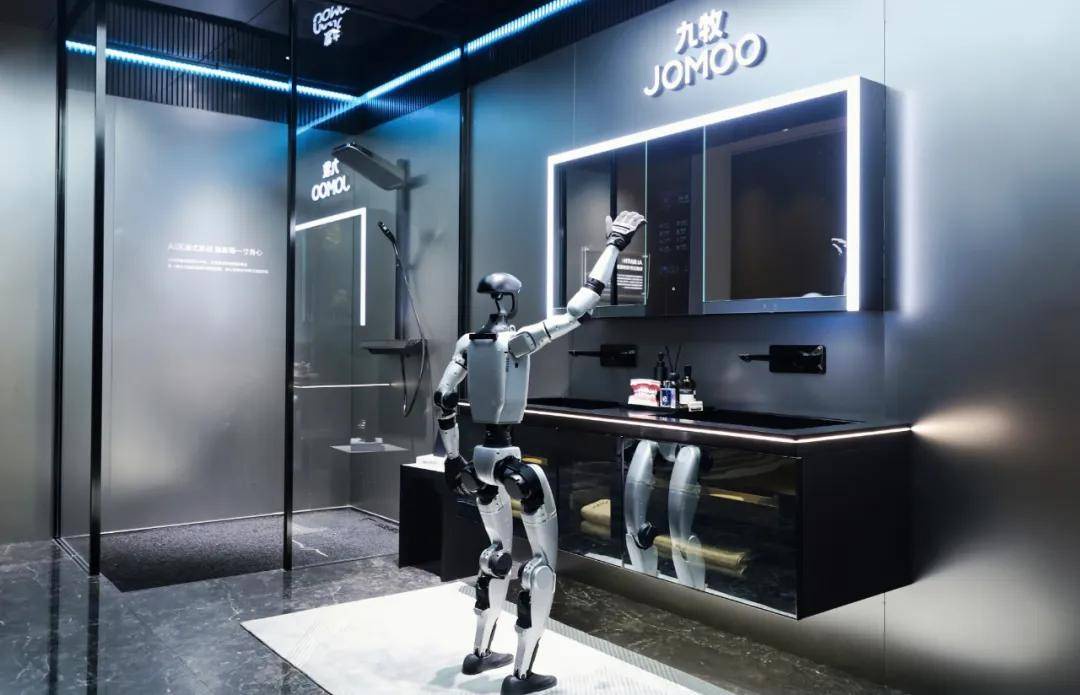
Image: Jomoo globally launches the AI BATH scenario brand
Since then, Jomoo has formed strategic partnerships with the China Household Electric Appliance Research Institute, Scenario Lab, Haier Smart Home, and others to explore new visions for smart bathroom scenarios. Notably, Jomoo and Haier Smart Home announced they would create a new model of "scenario synergy + technical interconnection + business co-creation," breaking industry boundaries through technology and ecosystem collaboration to reshape the home appliance, furniture, and bathroom industries.
Zooming out, scenario ecosystems are now an industry consensus. Whether it's Samsung abroad or Huawei, Xiaomi, and Haier domestically, all are simultaneously building their own ecosystems.
Samsung promotes "AI for All," breaking data barriers between products to transition from passive "tools" to active services. Huawei and Xiaomi propose concepts integrating people, cars, and homes, enabling connectivity across living spaces. Haier introduced its "scenario ecosystem" methodology in 2019, forming application systems for home, community, and urban scenarios.
04 Author's Observation
The turning point for the smart toilet market is also a new starting point for the entire bathroom industry.
"No. 1" is no longer a marketing term but a comprehensive reflection of capabilities—insight into users, mastery of technology, and organization of ecosystems, all indispensable.
Only with leading sales and revenue backed by real data can blockbuster products become ecosystem entry points, transforming single-point experiences into scenario ecosystems, thereby dominating the industry's new cycle and moving toward broader growth curves.
The copyright of this article belongs to the original author/organization.
The views expressed herein are solely those of the author and do not reflect the stance of the platform. The content is intended for investment reference purposes only and shall not be considered as investment advice. Please contact us if you have any questions or suggestions regarding the content services provided by the platform.

